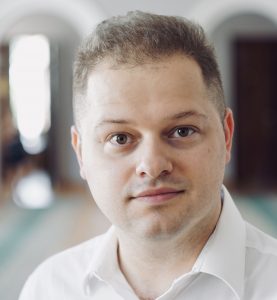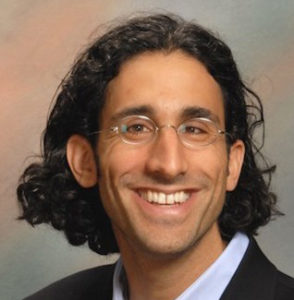Russia’s Invasion of Ukraine and Religious Freedom: Dmytro Vovk’s Testimony before the USCIRF

Dmytro Vovk is a visiting associate professor at Benjamin N. Cardozo School of Law and Director of the Centre for the Rule of Law and Religion Studies, Yaroslav Mudryi National Law University (Ukraine).
I’d like to start by saying that contemporary Ukraine and Russia are antipodes in many respects, including with respect to religious freedom. While Ukraine has one of the most liberal religious legal frameworks in the region and a highly competitive religious market, Russia has managed to create a very restrictive religious legislation with one religion, the Russian Orthodox Church, being strongly endorsed and many religious minorities being severely discriminated against and oppressed. This stark contrast between Russia and Ukraine goes far beyond religion, and it is not an exaggeration to say that the Russia-Ukraine war is the war between two opposite political systems, where Ukraine’s is based on freedom and competition, while Russia’s is based on lack of freedom and on oppression.


